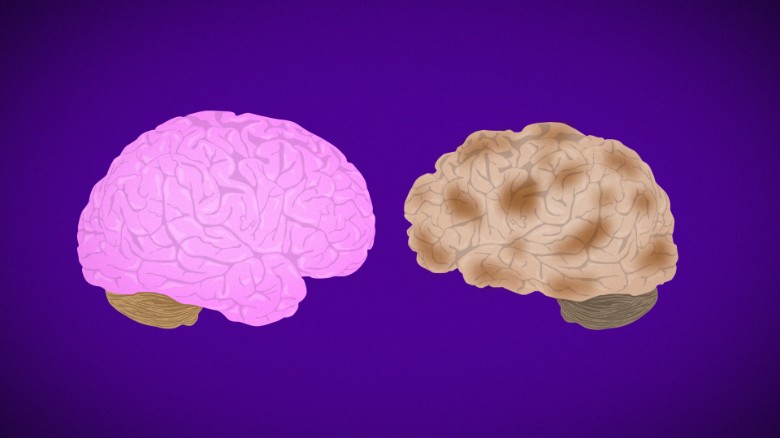
Last month, the agency, part of the National Institutes of Health, posted a notice of the grant for the six-year database project, setting its earliest start date as April 2024.
The NIH confirmed Tuesday that plans are underway to fund the Alzheimer’s disease and Alzheimer’s disease-related dementias’ real-world data platform.
The National Institute on Aging intends to commit $50 million per year, starting in fiscal year 2024, to fund one award.
The nonprofit Alzheimer’s Association is among those planning to apply for the grant.
“The newly-announced NIA funding for a large-scale Alzheimer’s disease research database is truly exciting and a very important step forward for our field, and the Alzheimer’s Association will apply for that grant,” Maria C. Carrillo, Alzheimer’s Association chief science officer, said in an email Tuesday.
“The Association is already leading ALZ-NET, which is a national network of physicians that is collecting data – including measures of cognition, function and safety – for patients treated with new FDA-approved Alzheimer’s treatments,” Carrillo said. “The NIA funding could expand ALZ-NET’s scope to the benefit of all stakeholders.”
She added that the Alzheimer’s Association believes everyone should have access to treatments, regardless of their registration status.
The real-world database “aims to transform” the Alzheimer’s disease research enterprise “by serving as a central hub of research access,” the National Institute on Aging said last week in its announcement of a webinar about the project that’s scheduled for April 19.
According to the announcement, the aim of the data registry is to provide a comprehensive and diverse database that can “improve applicability and generalizability of findings,” be used as a tool for researchers and allow scientific questions to be answered more quickly.
Last year, the National Institute on Aging convened an exploratory workshop to discuss gaps in real-world data and opportunities to expand real-world data sources for dementia research.
Alzheimer’s disease, a brain disorder that affect memory and thinking skills, is the most common type of dementia, the NIH says.
More than 6 million Americans are living with dementia caused by Alzheimer’s disease, according to the Alzheimer’s Association, and the number of people affected is projected to double in the next two decades, rising to 13 million in 2050.




